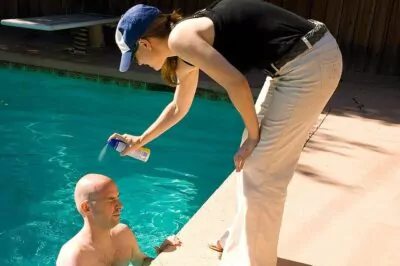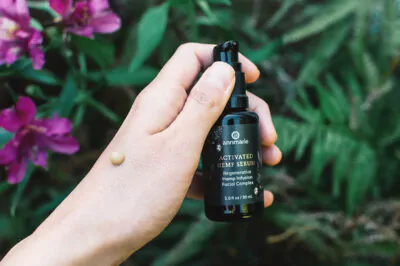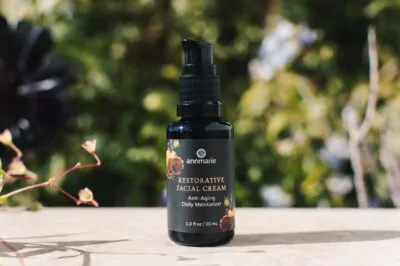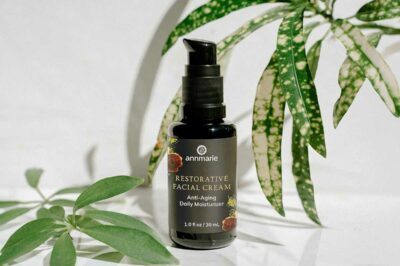In early summer, 2012, Brett Sigworth thought he was taking care of his skin when he applied Banana Boat Sport Performance spray-on sunscreen before barbecuing.
A few minutes later, his body literally caught fire.
“I sprayed on the spray-on sunscreen,” Sigworth said, “and then rubbed it on for a few seconds. I walked over to my grill, took hold of the holders to move some of the charcoal briquettes around and all of a sudden it just went up my arm.”
Sigworth was diagnosed with second-degree burns on his chest, ear, and back. The pattern followed exactly that of where he had applied the sunscreen. His doctors noted that if the flames had continued only a few seconds more, they may have been even more severe.
The Banana Boat label actually does warn that the product is flammable, and not to use it near an open flame. It says nothing, however, about using caution after the product has been rubbed into your skin.
Spray sunscreen is supposed to protect your skin from burning…
but it's extremely flammable.
What are the Potential Dangers?
According to Debbie Mikkelson, Director of Nursing at Mercy's Burn One Center, anything in an aerosol can is highly flammable, mainly because of the high alcohol content. She says they've treated patients with second and third degree burns from aerosol products before.
Still, most critics seem to agree that it's the sprayed vapors that are flammable, not the sunscreen ingredients themselves. Once these vapors have dissipated, the product is considered safe. Consumers are advised to wait after application before going near an open flame.
How long should you wait to ensure safety? That's what's confusing about these products—nobody knows. A few minutes? Ten minutes? Twenty minutes?
Fire inspector Quvondo Johnson of the Los Angeles County Fire Department said in an interview with CBS News, “If it's an open flame, it will ignite whether it's on your skin, whether it's on your clothes, whether it's in the air.” He advised staying away from open flames completely when using aerosol products.
The best option for protecting your skin, if you're going to be barbecuing or cooking outdoors, may be to use water-based sunscreens.
Other Drawbacks with Spray Sunscreens
Alcohol isn't the only potentially unsavory ingredient in spray sunscreens, however. Many may contain the chemical sunscreen oxybenzone, which the Environmental Working Group states is linked to hormone disruption and potential cell damage. Some may have retinyl palmitate, which may also increase the risk of skin cancer when used on sun-exposed skin (according to early animal studies).
Spray sunscreens also increase the risk that you will inhale some of the potentially harmful ingredients, taking them inside your nose and mouth and lungs, where they can increase risk of irritation and other side effects. Spray sunscreens that are combined with insect repellant can also increase risk of absorbing pesticides through the skin.
Bottom Line
Safest bet for your family? Stay away from spray sunscreens. Use organic and natural lotions, gels and creams that contain nourishing ingredients for your skin. Look for options from health-conscious brands. (Check out the Environmental Working Group's sunscreen guide for recommendations on toxic-free, safe products.)
Do you have other tips for avoiding potential side effects with sunscreens? Do you have a favorite brand? Please share.
* * *
Photo courtesy Kevin McShane via Flickr.com.
Sources
J.D. Heyes, Man Catches Fire After Applying Sunscreen; Toxic Chemicals are Flammable,” Natural News, June 8, 2012, http://www.naturalnews.com/036110_sunscreen_flammable_chemicals.html.
Lauren Matter, “The Hidden Danger Inside Continuous Spray Sunscreen,” KSPR 33, June 7, 2012, http://articles.kspr.com/2012-06-07/sunscreen_32107336.
“FAQs: Your Sunscreen Questions. Our Answers.” EWG's Skin Deep, http://breakingnews.ewg.org/2012sunscreen/faqs-your-sunscreen-questions-our-answers/.








Leave a Reply